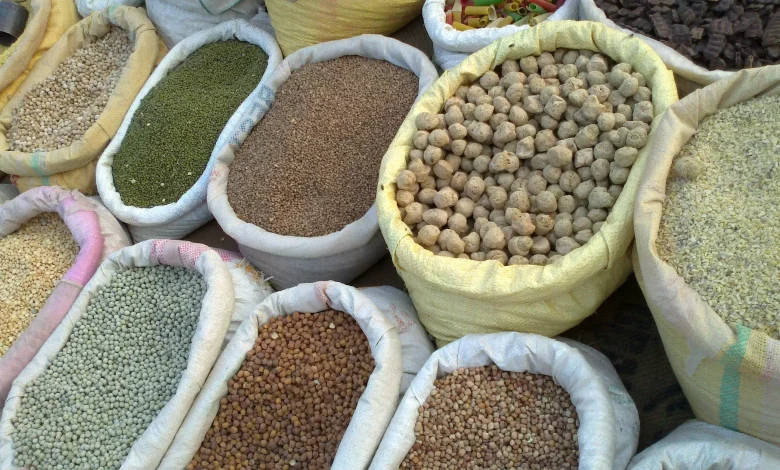Warning against including food items in futures trading

Food Item: The Economic Survey 2023-24 has cautioned against including sensitive food commodities such as rice, wheat and most pulses in futures trading until the markets are more developed, even as the government is expanding the list of commodities eligible for derivatives trading. The Economic Survey said capital markets are becoming more prominent in India’s growth story, with their share in capital formation and investment landscape rising on the back of technology, innovation and digitalisation. The Survey said there is a potential for large gains in derivatives trading compared to F&O trading. Thus, it caters to the gambling instinct of humans and can enhance income if profitable. These considerations are driving active retail participation in derivatives trading. However, globally, derivatives trading mostly results in money losses for investors, the Survey said. The Survey said investor awareness and continuous financial education is essential to warn them about low or negative expected returns from derivatives trading.
“A significant stock correction could lead to losses that are more significant for retail investors participating in the capital markets through derivatives. The behavioral response of investors will be that they will feel ‘cheated’ by invisible more significant forces. They may not return to the capital markets for a long time. This is detrimental to them and the economy,” it said. The pre-budget Economic Survey tabled in Parliament said: “Sensitive commodities may be kept out of the ambit of futures markets until markets develop and the regulator is more comfortable diversifying portfolios.” Economic Survey
2024 Live Updates It suggested that agricultural futures markets should focus on “less sensitive commodities” such as oilseeds, cotton, basmati rice and spices. As part of recent policy initiatives to broaden the commodity derivatives market, the government expanded the list of commodities eligible for derivatives trading from 91 to 104 on March 1, 2024. The newly added products include apples, cashew nuts, garlic, skimmed milk powder, white butter, weathered and processed wood products. The survey emphasised that once regulators provide clear guidelines on commodity options, there is a need for “stable policies with minimal intervention”.
This will help small and scattered farmers It also highlighted the potential role of Farmer Producer Organisations (FPOs) in linking to commodity markets.
The survey called upon the government, SEBI and commodity exchanges to promote FPOs in various agri-commodity sectors.
The survey said that “skilling and guiding FPOs through financial literacy initiatives can go a long way in encouraging farmers to benefit from agri-derivative markets.”
The survey suggested that in the long term, as market depth and liquidity increase, banning futures trading may no longer be necessary to stabilize prices, unless there is data-supported evidence of futures trading increasing price volatility.
The survey recommended that regulators monitor futures markets closely and conduct regular reviews keeping in view fluctuations in domestic production, consumption and global trade.
Capital Markets in India’s Growth Story
Furthermore, Indian markets are resilient to global geopolitical and economic shocks, it said.
“Despite increased geopolitical risks, rising interest rates and volatile commodity prices, Indian capital markets have been one of the best performing markets in emerging markets in FY24,” the Economic Survey said.
The BSE benchmark Sensex and the National Stock Exchange’s Nifty 50 have delivered stellar returns to investors in FY23-24.
The Nifty 50 index registered a growth of 26.8 per cent during FY24, as against a decline of 8.2 per cent during FY23. Moreover, the 30-share Sensex has registered a growth of nearly 25 per cent in FY24.
Moreover, the rally continued in FY25 as well, with the 30-share index touching the 80,000 mark in intra-day trading for the first time on July 3.
In addition, significant interest from domestic and global investors in the Indian stock market as an attractive investment destination and continued IPO (initial public offering) activity pushed the Indian market to the fifth position in the world by market capitalisation in FY24.
India’s market capitalisation to GDP ratio has improved significantly in the last five years to 124 per cent in FY24 from 77 per cent in FY19, which is far higher than other emerging market economies such as China and Brazil.
The survey said that caution is important as the market is expected to be volatile.





